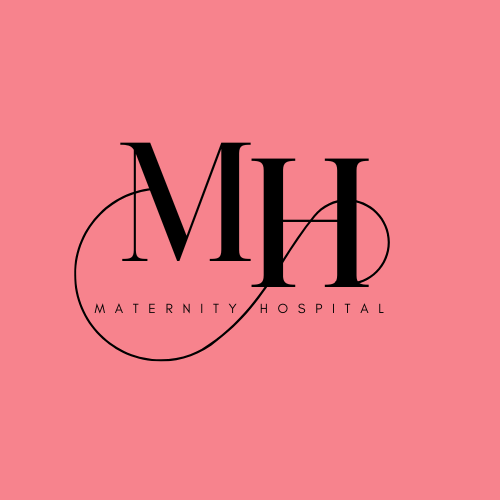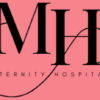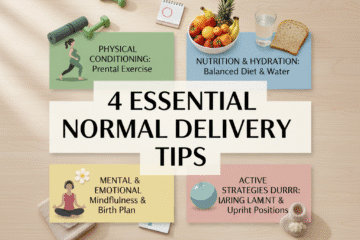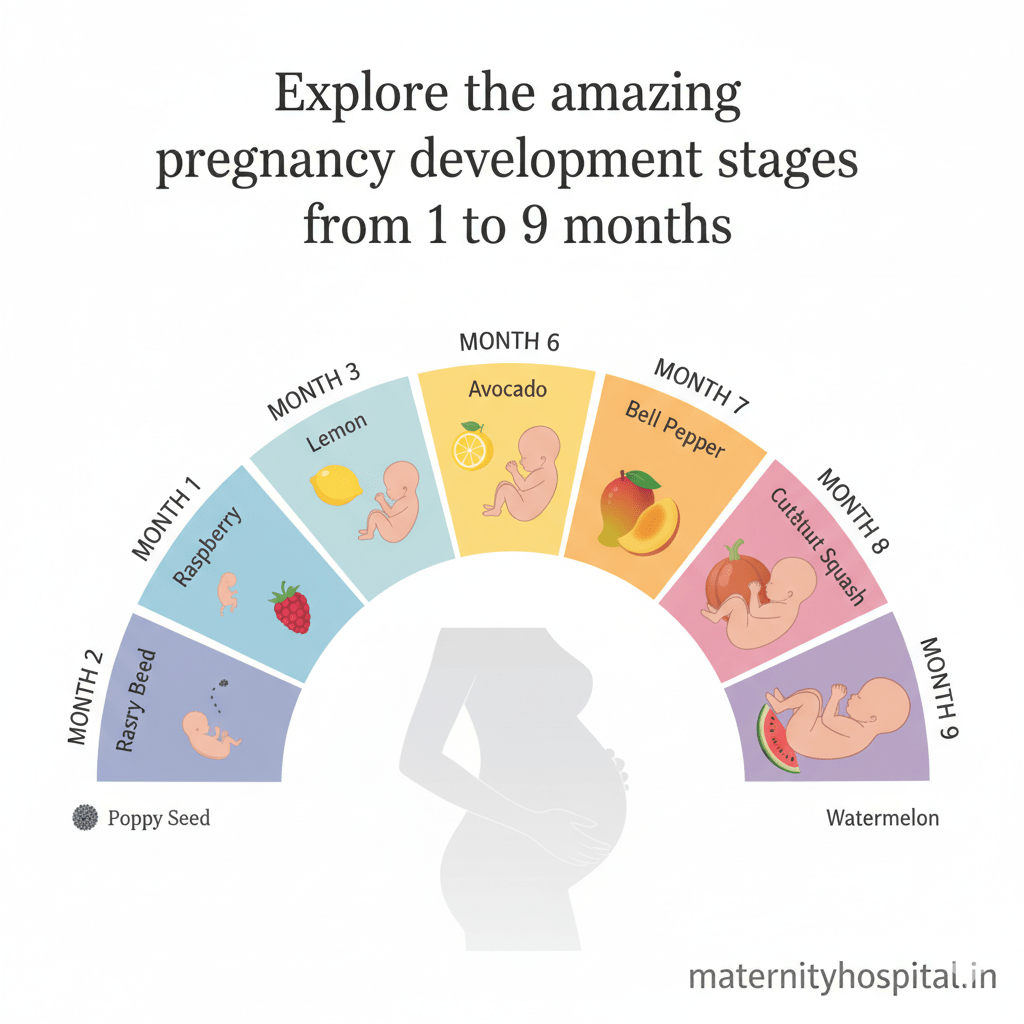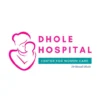
How to Avoid Pregnancy After 1 Month: Safe Options & Guidance
Navigating the Decision: Urgency and Support
Discovering a potential pregnancy, especially in the early weeks (which is typically what “after 1 month” refers to, around 4 to 6 weeks gestation), can be an overwhelming and emotionally complex experience. This period requires immediate, non-judgmental support and access to accurate medical information. When faced with this situation, the absolute most critical first step is to recognize the urgency of the matter and seek professional guidance from a licensed healthcare provider or clinic.
The phrase “How to avoid pregnancy after 1 month” refers to the range of choices available once a pregnancy has been medically confirmed. These choices are deeply personal and are influenced by numerous factors, including individual health, personal values, and local laws. This article will provide a medically neutral, informative overview of the general options available and why the immediate consultation with a clinician is non-negotiable for your safety and well-being.
The Critical First Step: Medical Assessment
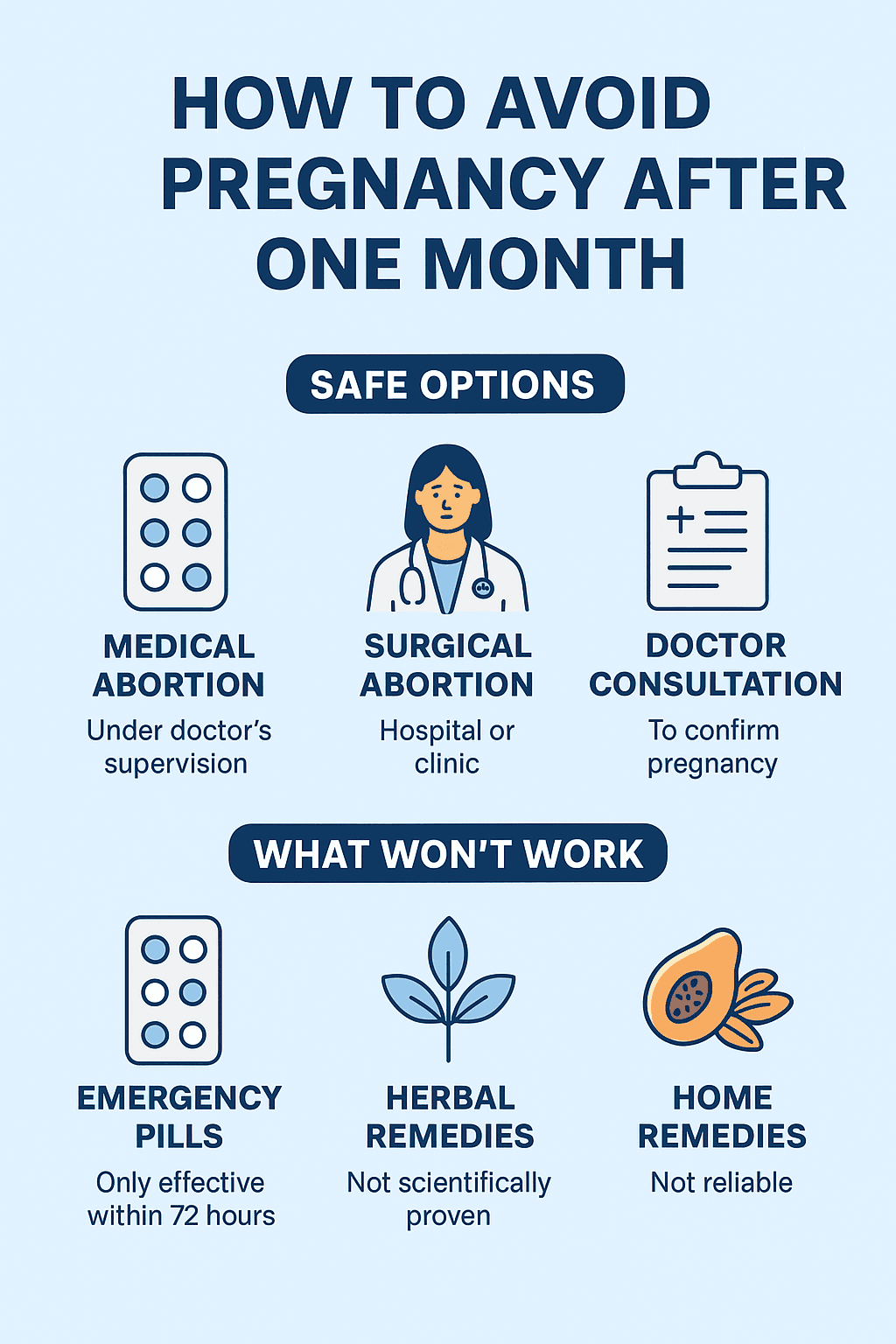
Before any decision can be made or procedure discussed, a qualified medical assessment is mandatory. This is for your safety and to ensure that any action taken is appropriate and legal.
Confirming Gestational Age and Location
The healthcare provider’s primary role is to:
- Confirm Pregnancy: Using blood tests (hCG levels) and often a transvaginal ultrasound.
- Determine Gestational Age: The age of the pregnancy (measured from the first day of the last menstrual period) is the single most important factor, as it determines which medical options are available.
- Confirm Location: An ultrasound is essential to rule out an ectopic pregnancy (where the fertilized egg implants outside the uterus). This condition is life-threatening and requires immediate medical intervention, separate from decisions regarding an intrauterine pregnancy.
Counseling and Legal Framework
A medical professional will also provide non-directive counseling, ensuring you understand all the choices available to you without bias. They will discuss the medical and emotional impacts of each option and ensure you are fully aware of the legal parameters in your jurisdiction, as laws governing these procedures vary widely. The World Health Organization (WHO) stresses that safe, timely access to comprehensive care is crucial for reproductive health.
Understanding Medical Options (Informational Overview)
Once a pregnancy is confirmed and deemed safe for intervention, there are typically two broad categories of medical options available in the early stages, depending entirely on the gestational age and local legal frameworks. This section provides a general, non-advisory overview.
Option A: Continuing the Pregnancy
It is important to acknowledge that this is always a choice. A medical professional can immediately begin prenatal care and provide guidance on nutrition, lifestyle adjustments, and setting up future appointments. They can connect you with resources for financial, emotional, and practical support.
Option B: Early-Stage Medical Procedures
For very early pregnancies (typically up to a certain week limit dictated by local law and medical guidelines), a medical procedure involving medication may be an option. This is not the same as emergency contraception (which must be taken within 3-5 days of unprotected sex and will not work after a month).
- Necessity of Clinical Supervision: Any medication involved must be prescribed, administered, and monitored by a licensed physician or health facility. The process involves multiple steps, follow-up appointments, and ensuring completeness of the procedure.
- Safety Precedence: Procedures are only considered safe and effective when performed under strict medical protocol and in compliance with all medical standards.
Option C: Early-Stage Surgical Procedures
For slightly later stages, or depending on the patient’s preference and medical history, a minor surgical procedure may be performed.
- Clinic Requirement: These procedures are performed by trained professionals in licensed clinics or hospitals. They involve a quick, minor intervention to empty the uterus.
- Speed and Recovery: Surgical procedures are often quicker than medical ones and may be preferred by some patients. Recovery is generally rapid, but proper medical follow-up is essential. The American College of Obstetricians and Gynecologists (ACOG) provides informational resources on the safety and protocols of reproductive health procedures.
Future Contraception and Prevention
- A critical part of the consultation following any decision regarding a confirmed pregnancy is planning for future prevention. No matter the path chosen, every healthcare provider should discuss Long-Acting Reversible Contraceptives (LARCs) and other effective methods.
- Long-Acting Reversible Contraceptives (LARCs): These are the most effective methods of preventing future pregnancy, boasting failure rates of less than 1%. They include IUDs (Intrauterine Devices) and contraceptive implants.
- Hormonal Methods: Birth control pills, patches, and rings require consistent daily or weekly attention but are highly effective when used correctly.
- Barrier Methods: Condoms are essential for protection against both pregnancy and sexually transmitted infections (STIs).
Your doctor can help you select a method that fits your health profile, lifestyle, and future family planning goals.
FAQs & Legal Context
Why is time so important for avoiding pregnancy after 1 month?
Time is critical because the medical options available are highly dependent on the gestational age of the pregnancy. Options that are available very early (e.g., at 4 weeks) may not be available or may change significantly just a few weeks later. Immediate consultation is necessary to preserve all possible choices.
Are there any safe, natural ways to avoid pregnancy after 1 month?
No. Once a pregnancy has been medically confirmed, there are no proven, safe, or effective natural remedies to avoid it. Relying on folklore or unproven methods is dangerous and can lead to severe complications. Always consult a qualified doctor.
What role do local laws play in my options?
Local and national laws determine the legal availability and gestational limits for certain procedures. Your healthcare provider is the only one who can ethically and legally counsel you based on the regulations in your area. Seeking guidance from a recognized institution is paramount.
Is it possible to receive non-judgmental counseling?
Yes. Professional, licensed health clinics and hospitals are obligated to provide non-directive, non-judgmental counseling. If you feel uncomfortable or judged, you have the right to seek a different provider.
Conclusion: Trusting the Experts
If you are faced with a decision regarding How to avoid pregnancy after 1 month, please recognize this moment as a call to immediate action. The complexity of this decision, combined with the medical and legal factors involved, means that only a licensed healthcare professional can provide the personalized guidance necessary for your safety and well-being. Do not rely on unverified internet information. Take the essential step today: call a licensed clinic or a maternity hospital and schedule an immediate, confidential consultation. Your health is the priority.
